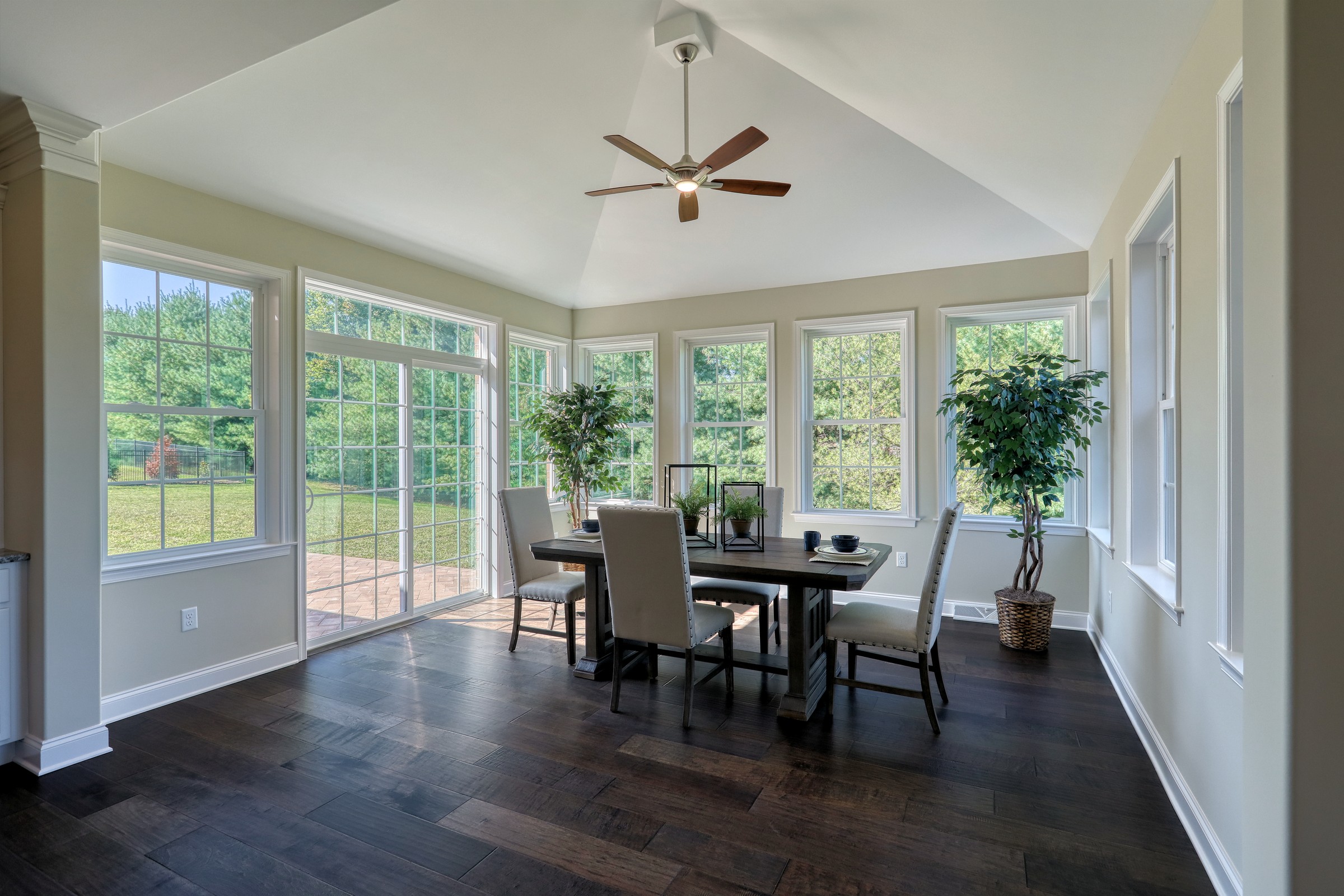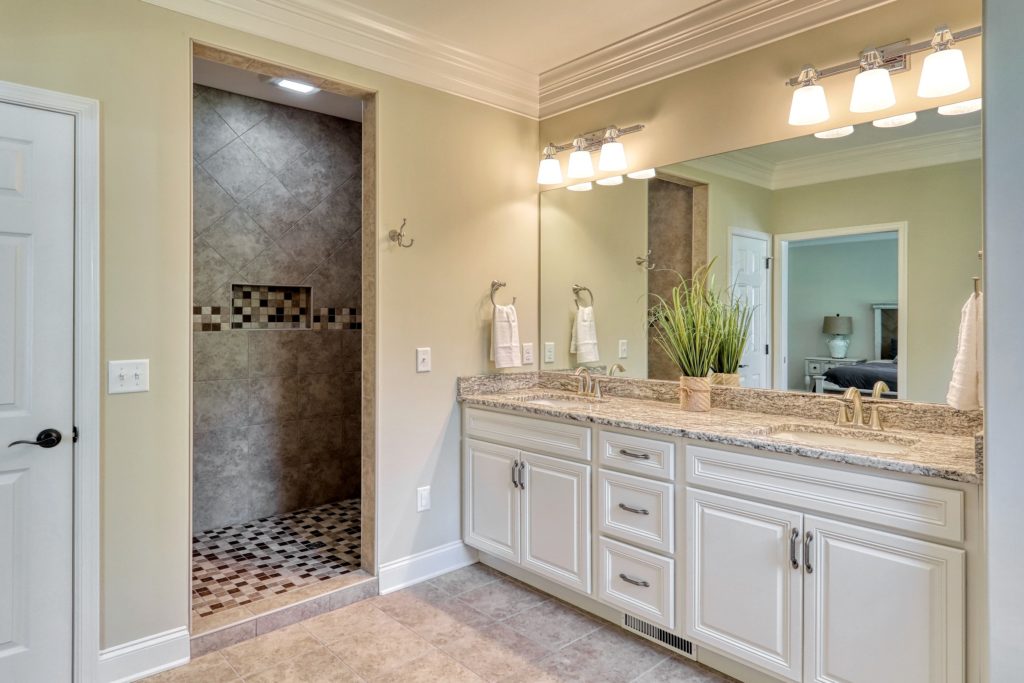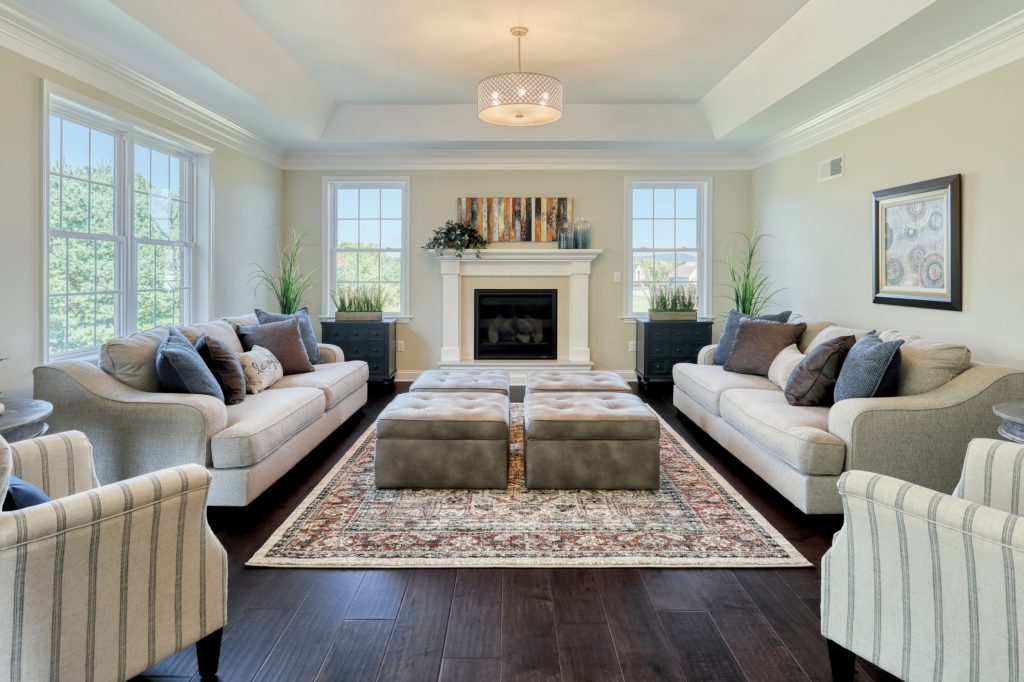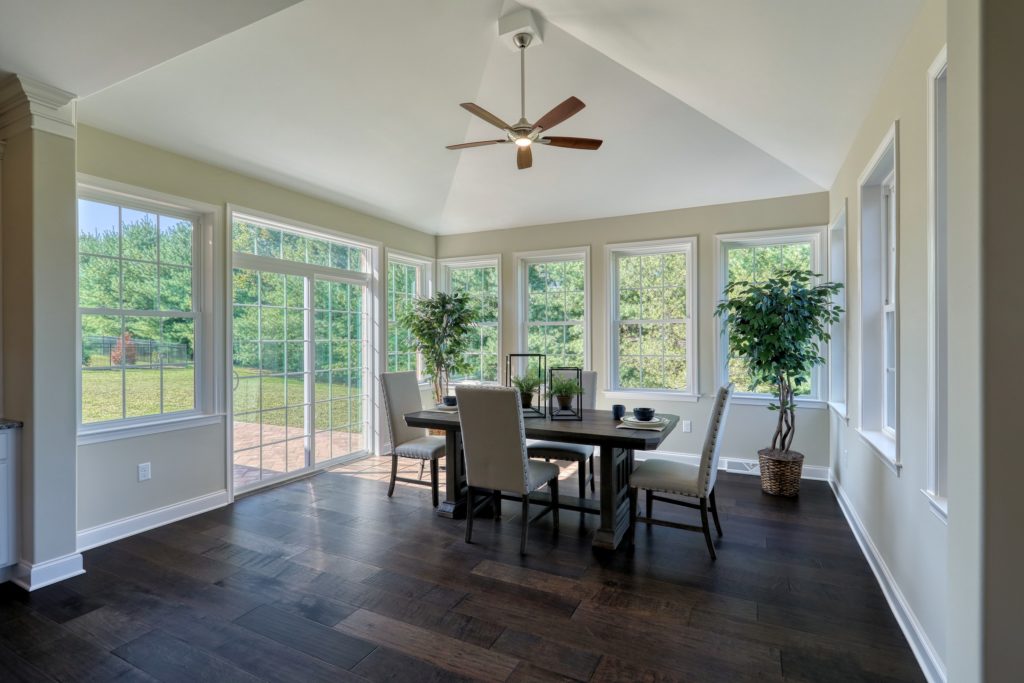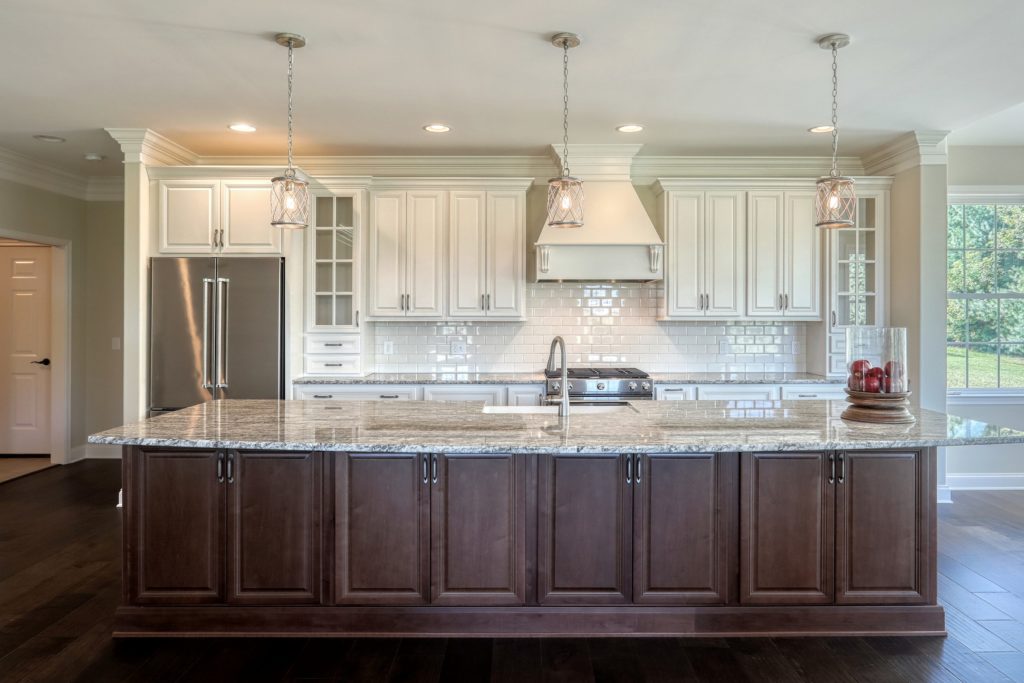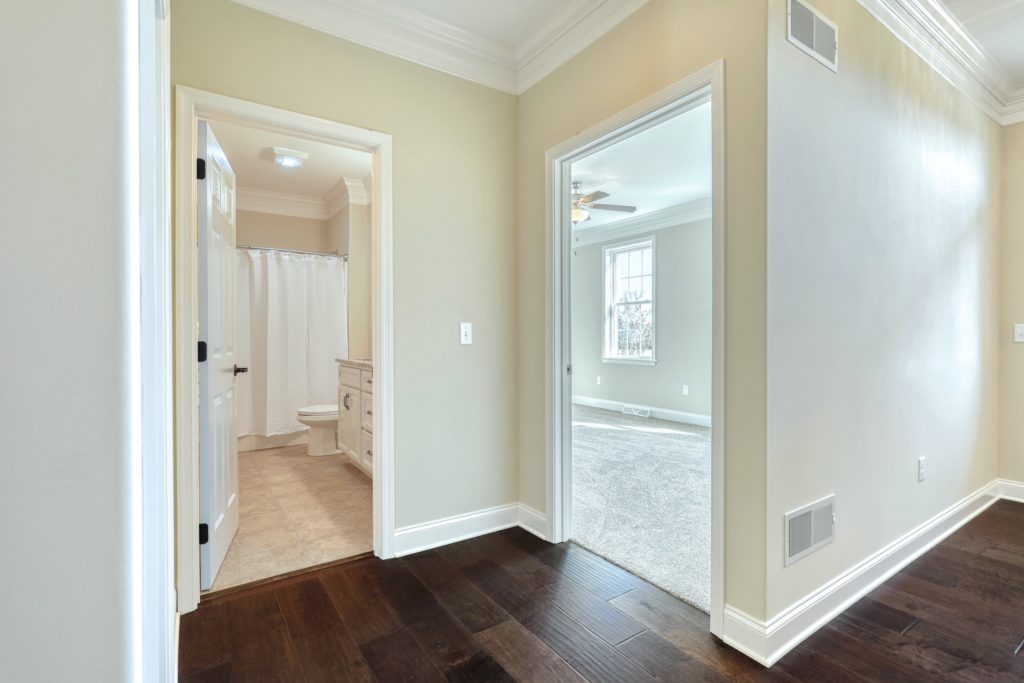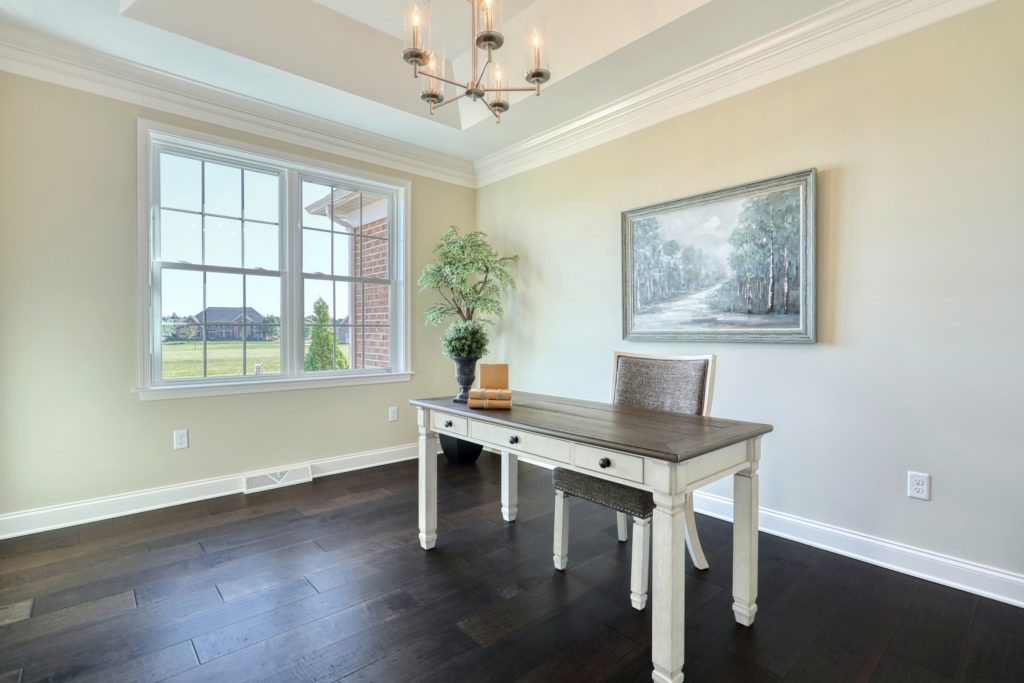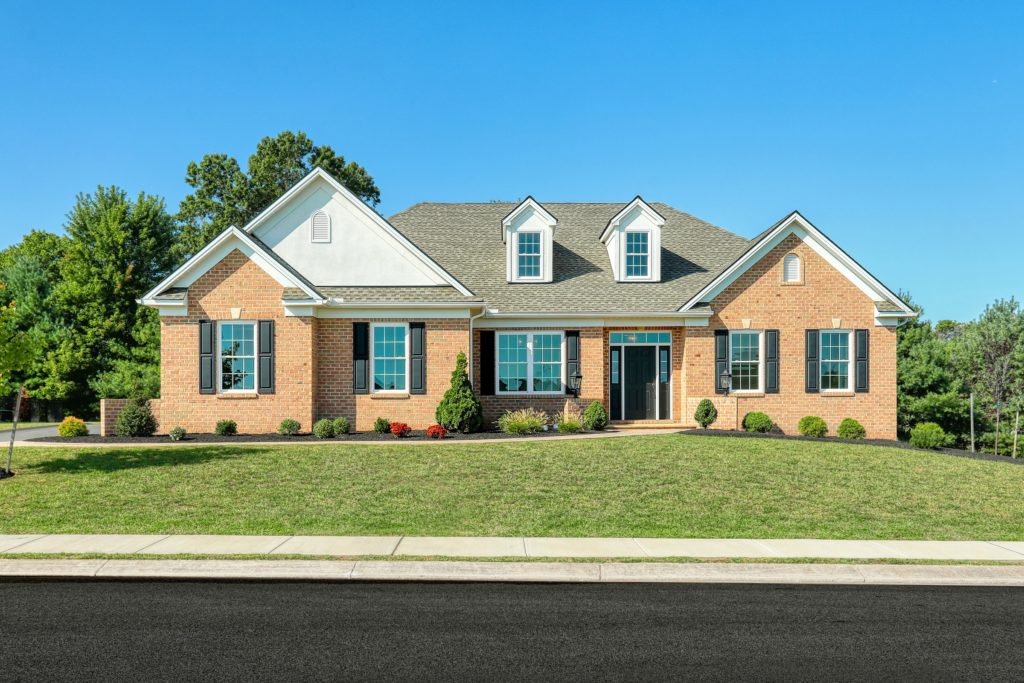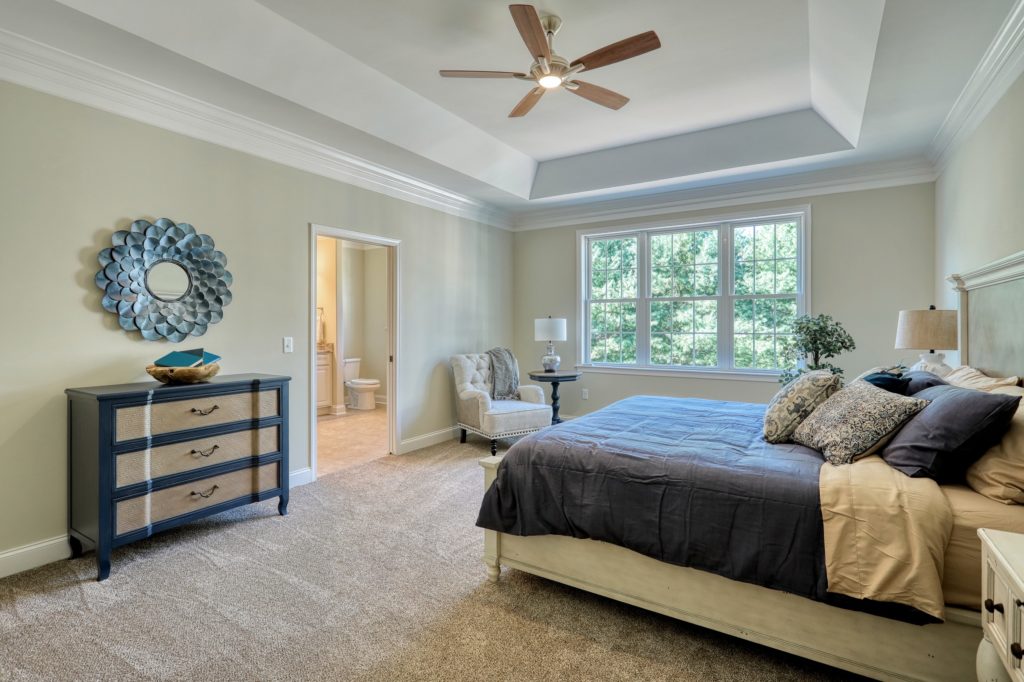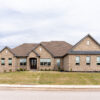If you’re considering building a new home today, there’s much more to think about than how it looks on the outside or what custom features suit your needs. Your builder should also discuss with you during the planning stage just how important it is to ensure that all of your home’s systems and components are built to interact effectively, delivering the best possible health, comfort, safety, and energy efficiency.
Benefits of Energy-Efficient Homes Include:
• Reduced Energy Usage/Better Performance
• Lower Energy Costs
• More Durable
• Increased Comfort
• Better Resale/Return-on-Investment
• Better for the Environment
So, what are some of the critical variables that impact the comfort and energy efficiency of your home and help you save money?
Appliances and Home Electronics– When you really think about it, there are quite a few appliances in your home that consume energy. From refrigerators, stoves, washers/dryers to televisions, dehumidifiers, computer and audio systems. One study showed that about 13 percent of your energy bill can be attributed to a running refrigerator. The positive news about appliances is they are one of the easiest home items to upgrade to more energy-efficient models.
Insulation and Air Sealing – According to the American Chemistry Council, as much as 40% of a building’s energy is lost due to air infiltration. Talk with your builder about the best type of insulation for your home and location. Proper insulation not only reduces energy costs and increase the comfort of your home temperature but can also add structural integrity.
Lighting – According to The U.S. Energy Information Administration, light accounts for 14% of the electrical budget in an average home. Research lighting and bulbs that increase energy efficiency. Though they may cost a little more upfront, they are well worth the investment.
Heating & Cooling – The HVAC systems that go into your home play a major part in your home’s energy usage. When building your home or upgrading your system, keep in mind that heating and cooling account for about 48% of the energy use, according to the U.S. Department of Energy. Smart thermostats and programmable thermostats can also provide savings simply by changing how you time your heating and cooling.
Water Heating – Water heaters are another easily upgraded culprit of significant energy use. Certainly, the water use in your home also contributes to your home’s energy efficiency in relation to water heating.
Window, Doors & Skylights – Don’t lose all of the benefits of proper insulation and air sealing by overlooking sealing and stripping around doors and windows. Energy-efficient doors and windows also add value to your home.
At Jeffrey L. Henry, Inc. we are a builder participant in the Pennsylvania Energy Efficient New Homes Program. This means we must calculate the performance score of each qualifying home. The same ENERGY STAR® label that indicates efficiency for home appliances is also used to certify new homes. A home only receives the ENERGY STAR label after passing a series of stringent inspections and performance testing. Homes built to ENERGY STAR standards typically achieve energy savings of 20-30%.
In 2019, the Jeffrey L. Henry, Inc. team won the York Builders Association’s PEAK Achievement Award for Best Green Home in the Energy Efficiency/Sustainability category sponsored by the Pennsylvania Energy Efficient New Homes Program. Learn more about that here.
Ready to start planning your new energy-efficient custom home? Reach out to us today!
Watch our video on the benefits of an energy-efficient home!
Photos of our 2019 PEAK Achievement Award-Winner for Best Green Home in the Energy Efficiency/Sustainability.


